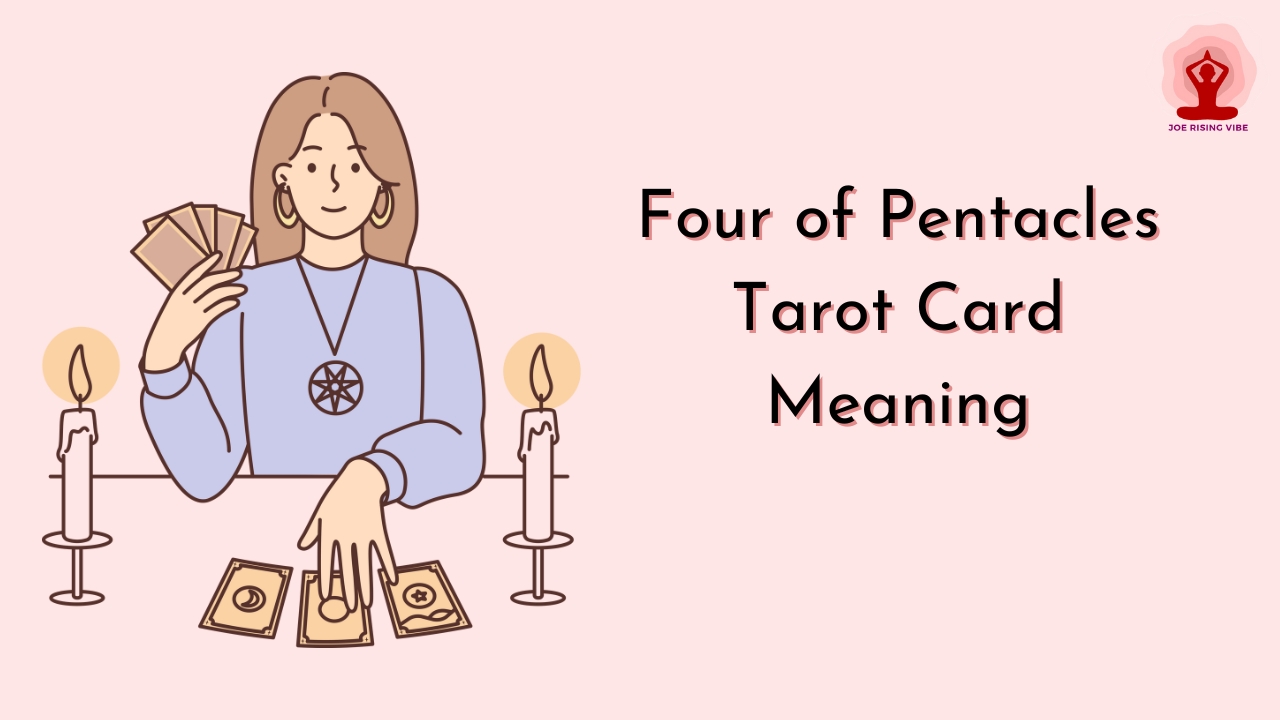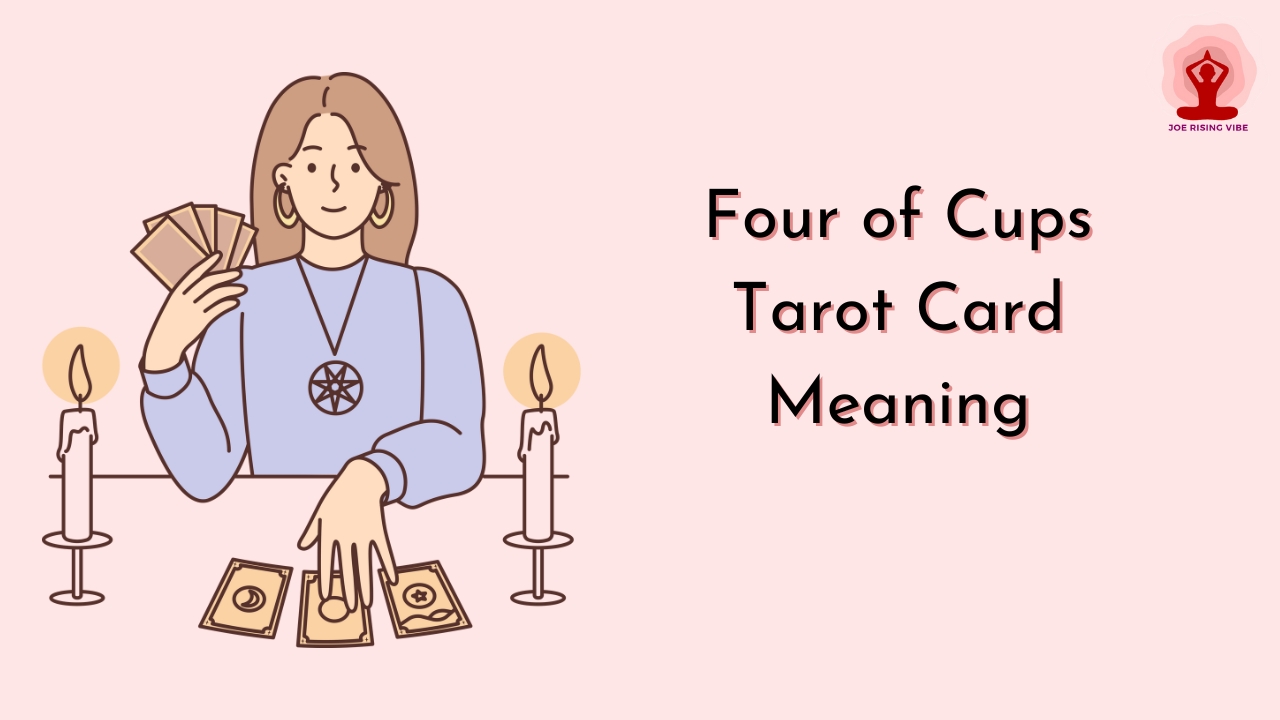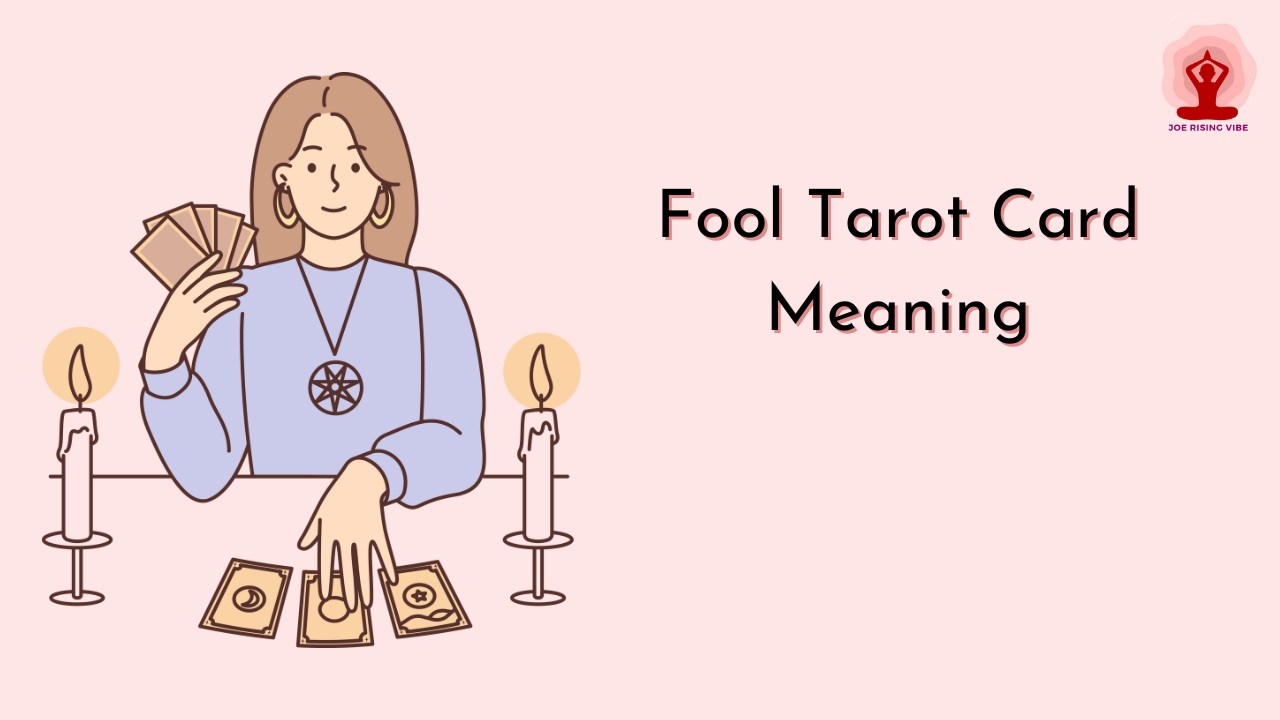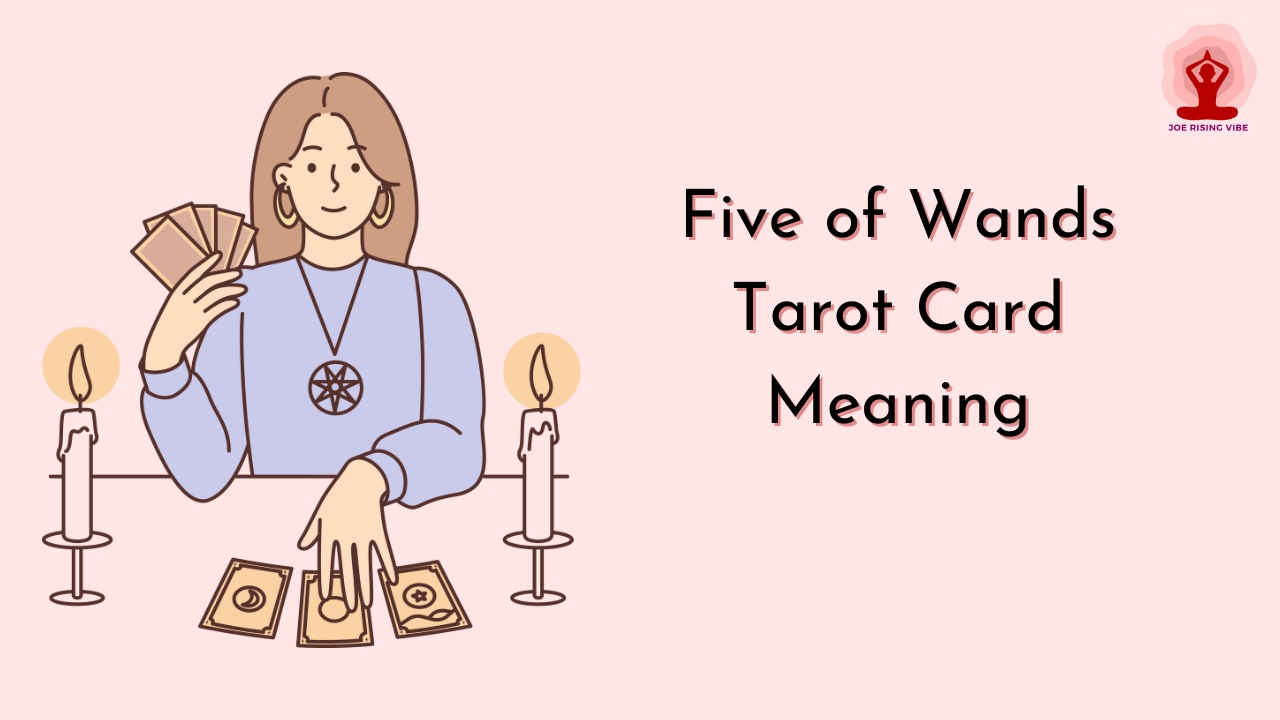Navigating the world of autism spectrum disorders can be overwhelming, especially when seeking alternative therapies that resonate with both children and adults. Reiki, an energy healing technique, has emerged as a hopeful complementary approach for those on the spectrum.
This blog will explore how Reiki could potentially ease some of the challenges associated with autism, offering peace and improved focus for individuals affected. Discover Reiki’s gentle power—a promising path to tranquility.
Autism Spectrum Disorders: An Overview
Understanding Autism Spectrum Disorders (ASD) requires recognizing the diverse range of challenges and abilities it encompasses. Often diagnosed in early childhood, ASD is characterized by differences in social communication and interaction, along with restrictive and repetitive behaviors.
It isn’t a single condition but rather a complex web of syndromes that manifest uniquely from person to person. While some individuals may have significant difficulties with everyday tasks, others might excel in specific areas such as memory or artistry, exemplified by conditions like Asperger’s syndrome.
Autism presents itself across a vast spectrum where each autistic child charts their own distinct course through life. The prevalence has increased over time; recent statistics show about 1 in 36 children are diagnosed with the disorder.
It’s crucial to emphasize that there is no “cure” for autism—and framing it as an illness to be fixed is not conducive to autism acceptance. Instead, considerable efforts focus on therapeutic interventions aimed at maximizing independence and quality of life—guiding these unique individuals toward harnessing their potential while addressing sensory processing disorders and other associated challenges they might face.
The Role of Reiki in Autism Spectrum Disorders
Reiki has been increasingly explored as a complementary therapy for individuals with autism spectrum disorders, offering potential benefits in terms of promoting relaxation and reducing anxiety.
Current research findings have shown promising results in how Reiki can support individuals on the autism spectrum.
Potential Benefits
Reiki could help children on the autism spectrum find more peace and balance. This healing practice aims to reduce stress and anxiety, which are often high in individuals with ASD.
When a person with autism experiences Reiki, it might make them feel calmer and less overwhelmed by their surroundings.
Quantum Reiki energy healing has shown promise in supporting natural internal healing processes. It may boost the immune system, helping autistic children’s bodies fight off illnesses better.
For kids who struggle with hyperactivity or attention issues like ADHD, Reiki might improve focus. Some parents have noticed changes in sleep patterns and a decrease in irritability after their child starts receiving Reiki treatments.
Parents and caregivers seeking holistic health options are increasingly interested in non-drug approaches like Reiki for relief from worry and fatigue associated with caring for someone on the autistic spectrum.
They want alternatives to ADHD medications and antidepressants that often come with side effects. Because there is no cure for autism, treatments that offer comfort without negative impacts are valuable to families navigating this journey.
Current Research Findings
Scientists are looking into how Reiki can help people with autism. Their studies show that Reiki might be good for children who have a hard time learning or feel very anxious. Some kids with ADD, ADHD, and autism seem to heal after getting Reiki treatments.
This has made more scientists want to study the connection between Reiki and autism.
People also saw that caregivers felt less stressed when they used Reiki on those with autism. One study focused on whether Reiki could make it easier for these workers by lowering burnout levels.
Even though these findings are hopeful, experts agree we need more research to understand how well Reiki works in helping individuals with Autism Spectrum Disorders (ASD).
Challenges in Implementing Reiki for Autism
Implementing Reiki for individuals with autism presents unique challenges due to their difficulty in adapting to change and uncertainty. The rigid routines of those with autism make it challenging to introduce new therapies or practices, potentially hindering the consistent application of Reiki as a treatment option.
Despite the potential benefits, finding qualified Reiki practitioners who have experience working with individuals on the autism spectrum can be difficult. Limited accessibility and availability of trained professionals in this specific area may pose a significant obstacle for families seeking alternative therapeutic options for their loved ones with ASD.
Moreover, while some studies indicate the potential advantages of Reiki therapy for individuals with ASD, there is a lack of concrete evidence and clinical trials specifically tailored to addressing the needs of those on the autism spectrum.
This deficiency in specialized research creates difficulties in establishing Reiki as an accepted and integrated component within standard autism treatment plans.
How Can Reiki Support Individuals with Autism?
Reiki can support individuals with autism by enhancing calm and peace, improving focus, and reducing anxiety, making it a potential holistic approach to promoting overall well-being.
Enhancing Calm and Peace
Reiki promotes a sense of inner peace and calm, reducing feelings of stress and anxiety. This calming practice can benefit individuals with autism by promoting relaxation and reducing anxieties, phobias, and fears.
Exposure to Reiki has been shown to reduce feelings of stress and anxiety in individuals with Autism Spectrum Disorders (ASD).
Practitioners claim that Reiki can enable relaxation, reduce pain, speed healing, and improve some symptoms in individuals with autism. The calming effect of Reiki may help children with ASD feel calmer and more relaxed, creating a peaceful environment for them.
Improving Focus and Reducing Anxiety
Reiki can enhance focus and reduce anxiety in individuals with autism. Studies have demonstrated that exposure to Reiki may help lower levels of anxiety, promoting calmness and soothing feelings.
It has also been found to have a calming effect on individuals with ASD, potentially reducing symptoms of agitation and hyperactivity.
Moreover, Reiki enables relaxation, which can contribute to improving focus for individuals on the autism spectrum. Its ability to reduce stress and provide a sense of peace can further support those struggling with attention-related challenges in their daily lives.
The Role of Reiki in Supporting Caregivers
Caregivers of individuals with autism often experience high levels of stress and emotional strain. Research indicates that Reiki can offer significant support to caregivers, helping them manage stress and depression effectively.
Furthermore, it has the potential to improve their overall well-being, providing a sense of calm and aiding in reducing anxiety. As empathic practitioners administer Reiki to caregivers, studies show promising results in enhancing their mental and emotional state.
This holistic approach can serve as a valuable tool for caregivers seeking relief from the challenges associated with caring for individuals on the autism spectrum.
Reiki contributes positively to caregivers’ mental health by offering an alternative means of managing stress and promoting a greater sense of balance. Embracing Reiki as part of their self-care routine empowers caregivers with a natural approach to maintaining their well-being amidst the demanding responsibilities they shoulder daily.
Read more about Reiki:
Reiki Treatment and Reiki Therapy Meaning
Sei Hei Ki Symbol & Meaning in Reiki
Can Anything Go Wrong in Reiki?
Finding a Reiki Practitioner: Key Considerations
- Look for a Reiki practitioner with specific experience and training in working with children and individuals with special needs, including autism spectrum disorders (ASD).
- Ensure the Reiki practitioner is certified by a reputable organization and has a solid understanding of holistic approaches to supporting individuals with ASD.
- Consider the practitioner’s track record and seek testimonials from others who have utilized their services in supporting individuals with autism or related issues.
- Verify the practitioner’s adherence to ethical standards and professional conduct within the realm of holistic healthcare, particularly when working with vulnerable populations such as those with ASD.
- Inquire about the practitioner’s flexibility and adaptability in tailoring Reiki sessions to meet the unique needs and comfort levels of individuals on the autism spectrum.
- Seek out practitioners who demonstrate compassion, patience, and an open – minded approach when interacting with individuals experiencing challenges associated with ASD.
- Engage in open communication with potential practitioners to ensure they possess a thorough understanding of autism spectrum disorders and are committed to imparting genuine support through Reiki energy healing.
Conclusion
In conclusion, Reiki shows promise in supporting individuals with Autism Spectrum Disorders (ASD) by reducing stress and anxiety and promoting relaxation. Studies suggest that it may help manage symptoms such as hyperactivity and fidgetiness in those with ASD.
Additionally, Reiki has been observed to create a calming effect, aiding individuals on the autism spectrum in letting go of anxiety and stress. Considering these potential benefits, Reiki could be considered as a complementary therapy for individuals with autism to promote overall well-being.
Medical Disclaimer: The information provided here is for educational purposes only. It is not intended to substitute professional medical advice, diagnosis, or treatment. Read full medical disclaimer.





